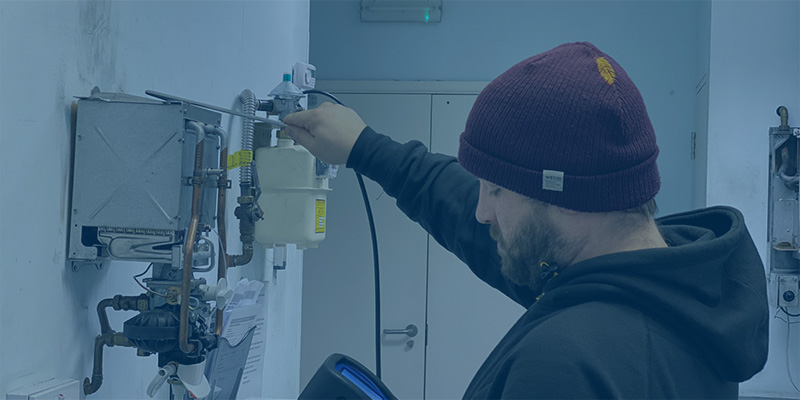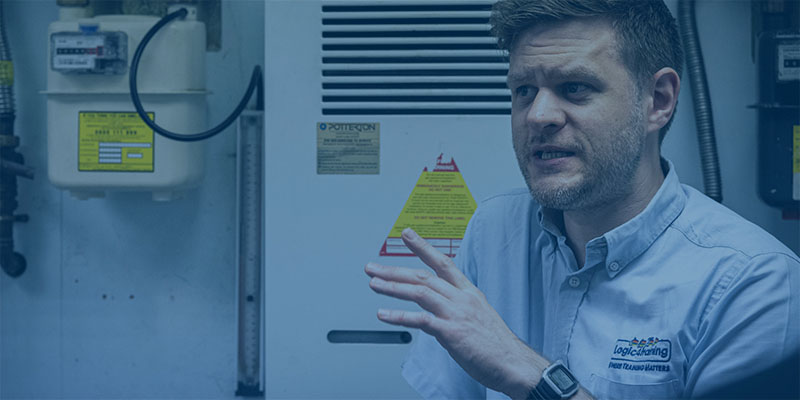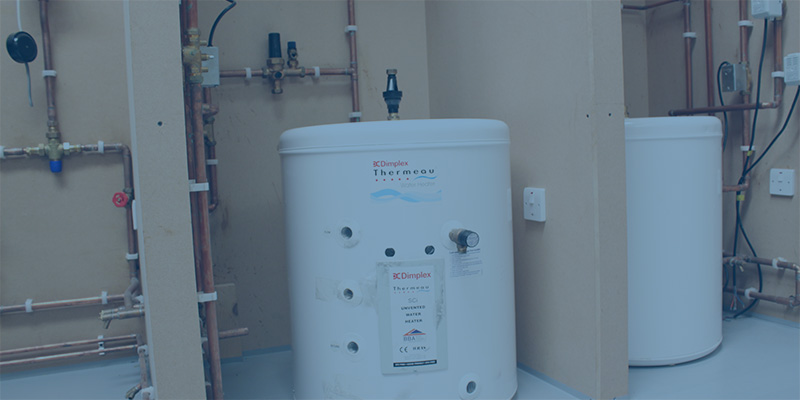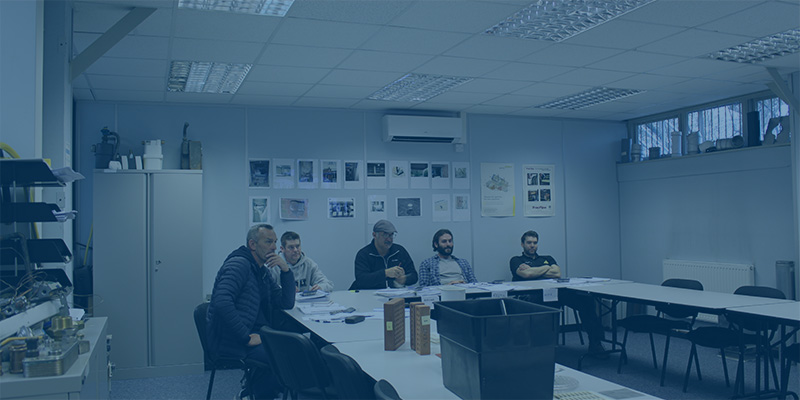
Representative example at 12 Months Interest Free Credit at 0% APR
£1125
£112.5
£84.38
0%
Purchase price
Deposit
12 Monthly payment
Interest rate
Logic4training’s CCN1 initial assessment course is suitable for gas installers whose existing CCN1 has lapsed by more than 12 months, or for new entrants as part of our Domestic Gas Heating Installer (DGHI) experienced trades or new entrants route.
CCN1 re-assessment and associated appliances is required every five years to maintain Gas Safe Registration.
CCN1 Initial Assessment Course Details
Membership of the Gas Safe register is a legal requirement for any installer wishing to carry out gas work in the United Kingdom, Isle of Man and Guernsey.
To register as a domestic gas installer, you must hold Core Domestic Gas Safety (CCN1) plus certification for the appliances you intend to work on.
For existing operatives who have let their existing qualifications lapse by more than 12 months, this package includes cookers (CKR1) and space heaters (including gas fires and wall heaters) (HTR1).
For new entrants as part of our domestic gas heating installer packages, this package includes training and initial assessment covering core domestic gas safety (CCN1) plus central heating and hot water (CENWAT) only.
This course includes ClubLogic – free online pre-course learning. Revisit pipe sizing, purging, ventilation and controls, online and in your own time before you do your in-centre training. Click here to find out more.
Looking for CCN1 Reassessment?
The initial Core Domestic Gas Safety (CCN1) course, plus appliances, includes training and initial assessment on the following modules:
- CCN1 – Core Domestic Gas Safety, including CPA1 (Combustion Performance Analysis)
- CENWAT – Central Heating Boilers & Water Heaters
- CKR1 – Cookers*
- HTR1 – Space Heaters (including Gas Fires and Wall Heaters)*
*Please note: CKR1 and HTR1 are only included in this package for candidates whose existing qualifications have lapsed by more than 12 months. To undertake these qualifications, operatives need to be Gas Safe registered and completed their CCN1 ACS assessment more than 12 months ago.
Initial Core Domestic Gas Safety (CCN1) training and assessment covers:
- Gas safety regulations and other relevant legislation
- Combustion, relevant pressures and gas rates
- Gas pipe work
- Tightness testing and purging, including low and medium pressure
- Chimney systems recognition and testing
- Ventilation
- Gas controls
Initial appliances training covers:
- Installation
- Commissioning
- Servicing and maintenance
- Basic gas safety fault finding
CCN1 assessment (plus appliances) takes the form of practical tests and multiple choice question papers. On successful completion, candidates will be issued with an LCL Awards certificate for Core Domestic Gas Safety (CCN1) and the appliances they have undertaken.
The cost of the CCN1 course (plus appliances) includes training, assessment and the certification fee.
The price of this package will be reduced accordingly for candidates who do not require assessment in the appliance modules. Please contact our customer service team on 020 845 7222 with your requirements for a revised price.
The CCN1 initial training and assessment course is for gas installers undertaking their ACS qualifications for the first time or renewing certificates which have expired more the 12 months previously.
Any candidate wishing to undertake the ACS assessments will need to demonstrate they have undertaken a recognised training programme and have a supporting portfolio of onsite work experience with a registered gas engineer.
Candidates undertaking either the Logic4training APL programme for experienced operatives or the Domestic Gas Heating Installer programme for new entrants will meet this requirement and will undertake CCN1 and CENWAT only as part of their package once the training and onsite work experience has been completed.
Pre-course reading is strongly recommended prior to attending this course.
Clublogic revision and refresher content will be opened up prior to attending the course.
The LCL Awards Domestic Gas Safety Training Manual can be purchased via our Logic4trade online shop.
Are you looking for GSR pads, stickers and labels? Get them here.
FAQs
The ACS CCN1 (Core Domestic Gas Safety) assessment is the nationally recognised certification process for anyone wishing to work as a domestic gas engineer in the UK. It tests both theoretical knowledge and practical skills to ensure engineers can work safely with gas installations and appliances. Passing the CCN1 is a legal requirement for registration with the Gas Safe Register, which is mandatory for all gas engineers in the UK.
The CCN1 assessment is split into two main parts:
Theory: Multiple-choice and written questions covering gas safety legislation, combustion, ventilation, installation standards, emergency procedures, and more. The theory test is open book, allowing reference to British Standards and technical bulletins.
Practical: Hands-on tasks in a controlled environment, including tightness testing, gas rating, appliance installation checks, flue flow and spillage testing, and the use of gas analysers. Candidates must demonstrate competence in real-life scenarios.
You will need to bring:
- Proof of previous qualifications (for reassessment)
- Valid UK driving licence or passport (ID)
- Two passport-sized photographs for certification and registration records.
Yes, you can take appliance assessments (such as boilers, cookers, fires) alongside your initial CCN1 if you have sufficient portfolio evidence (e.g., four installs, four services, three breakdowns per appliance). If you lack evidence for a particular appliance, you must wait until you have been Gas Safe registered for 12 months and gained supervised experience before assessment.
While the government aims to phase out the installation of new natural gas boilers from 2035, existing systems will still require servicing and maintenance for many years. The transition to hydrogen-ready boilers is underway, and future hydrogen gas engineers will need to be qualified natural gas engineers first, making the CCN1 qualification essential for ongoing career opportunities in the evolving energy landscape.
You must hold the CCN1 qualification plus at least one appliance-specific qualification (such as CENWAT, CKR1, or HTR1) to be eligible for Gas Safe registration. The CCN1 alone is not sufficient for registration.

The Easier Way To Run Your
Heating & Plumbing Company



